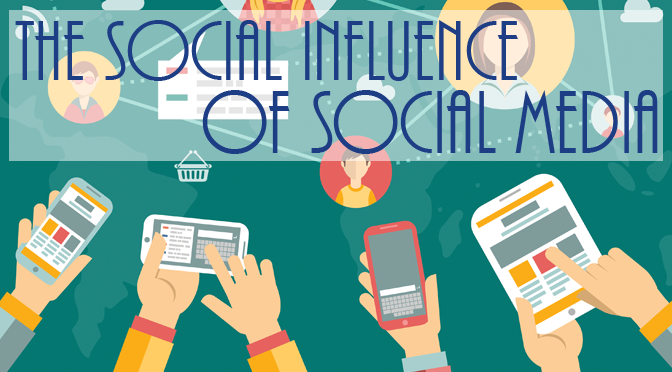At one point in time the Church was also as powerful as the family in shaping the truths, expectations, and assumptions of our youth. That times has come and gone and the Church fights for the attention of our kids as much as she does for adults who have kicked the habit or never began it. We can regret what has happened but the reality is that the days when the Church could say something and people would notice have come and gone. But even when the Church was a pervasive influence, it was not one in the same controlling way that the internet has taken over our lives and dictated what we believe, think, and do.
If you watch action movies that take place in England or Europe, you see how much of daily life is captured by the video cameras that are all over the place. Even more so, you see how there is almost a centralized access and control of those cameras. This has not only the effect of monitoring what is happening but actually directing the dynamic and defining how fast it goes and where it goes. Look no further than to China to see how far government surveillance has gone. China right now has developed the technological capability to closely monitor the lives of all its people. This means not only ensuring that those who participate in public life do so in ways that are approved or sanctioned but it also means that China has the ability to deter those who refuse to conform to the sanctions on speech, conduct, work, politics, and even family size. They have done so with such success that they are right now using this ability to affect minority populations that were once tolerated and given some measure of limited freedoms. In China, you cannot marry, have children, buy, sell, or have a public opinion unless this meets with the permission of the deep state. You would be a fool to think that this is not the direction we are facing as well.
China has adroitly replaced social trust with fear and exploited this fear with surprising ease. Look at the ways in which the NBA and basketball superheros cultivate their relationship with this deep state in China and live according to their rules. China has effectively used its vast market as a tool to control what happens within that marketplace. There the smartphone has replaced the computer as the tool of choice with which you live your life online. Americans are not far behind. Soon we will no longer question the use of social media by our own deep state to define and enforce what people think and believe and do. In many respects, it is impossible to overstate how powerful the internet and social media are in socializing our youth. Nothing else — not church, not family, nothing — is more powerful. This is the reason why the Vatican and Pope Francis have made their accords with the Chinese leadership. They don't want to be left out but how far they will go to remain in the game is its own issue for Rome to face.
So what is my point? The more the Church relies upon and uses social media platforms to express its identity, the more vulnerable the Church is to those social platforms shaping what is believed and taught within the Church. We may well learn how to effectively engage our people online but in doing so we may also surrender ourselves to those who control that online access and to the prevailing cultural norms that media support and enforce. A recent article suggested that the 2020 election proved that neither side is into engaging and changing the minds of people. But 2020 did show that our divided society has learned to utilize social media to harden our divisions. This, too, will be the legacy of our first use of social media -- to harden our divisions and mark them even as we compete with our neighbors.

No comments:
Post a Comment